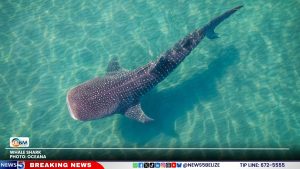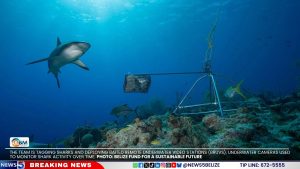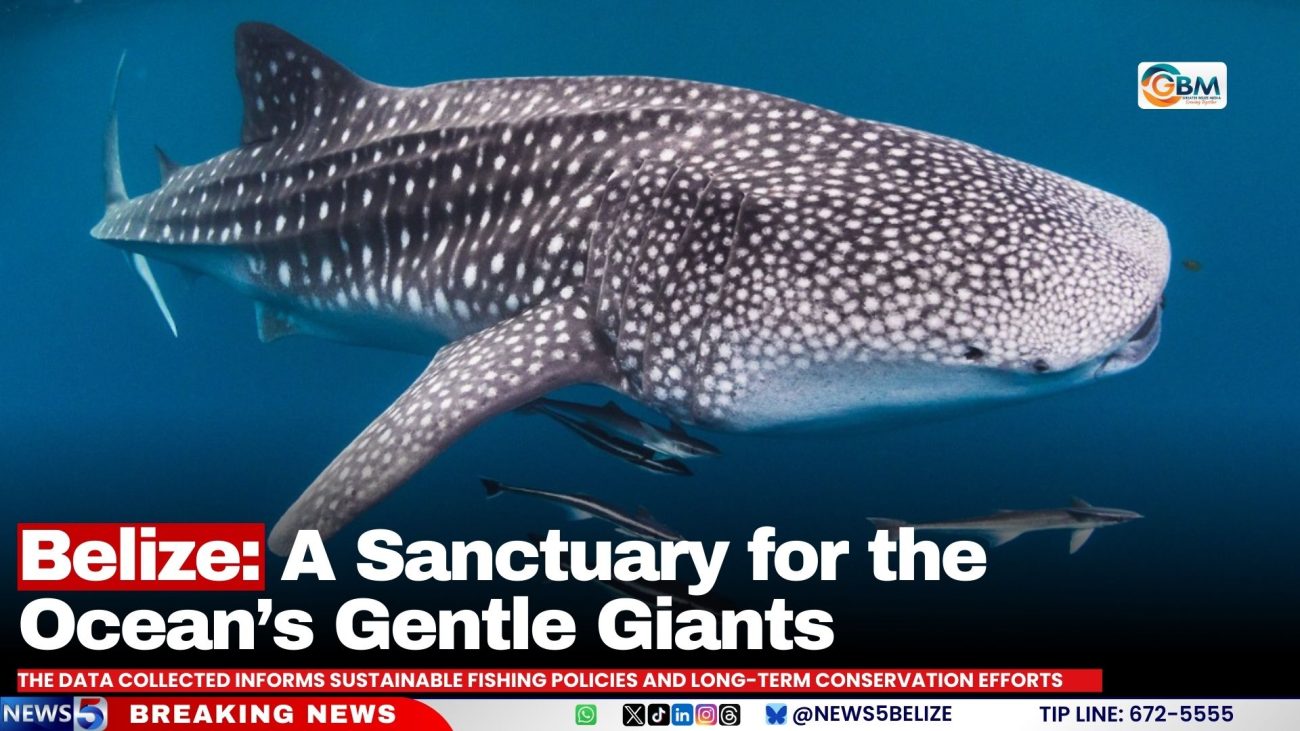Belize: A Sanctuary for the Ocean’s Gentle Giants
Every year on August 30, the world turns its attention to the whale shark, the largest and one of the most endangered fish in the ocean.
Known scientifically as Rhincodon typus, these gentle giants can grow up to 14 metres long and weigh as much as 20 tonnes. Despite their size, they are harmless filter feeders.
These beautiful and majestic species carry a distinct spot pattern that Oceana Belize describes as “unique as a fingerprint.”

Belize: A Sanctuary for the Ocean’s Gentle Giants
However, their survival is under threat. The International Union for Conservation of Nature (IUCN) reports a 63% decline in Indo-Pacific populations over the past 75 years, while Atlantic numbers have fallen by more than 30%.
Globally, whale sharks are listed as “Endangered,” with the species listed under Appendix II of the Convention on International Trade in Endangered Species (CITES).

Belize: A Sanctuary for the Ocean’s Gentle Giants
Bycatch, vessel strikes, habitat loss and targeted fisheries for fins, oil and meat are driving their sharp decline. Climate change and dwindling food sources add to the pressure.
Yet in the middle of this global decline, Belize stands out as a rare sanctuary for these gentle giants. Each spring, they gather at Gladden Spit, 30 miles east of Placencia, to feed on the eggs of spawning fish, especially the Cubera snapper.
This natural spectacle makes Belize one of the few places in the world where divers can experience whale sharks alongside massive schools of spawning fish.

Belize: A Sanctuary for the Ocean’s Gentle Giants
Belize is also home to over 40 shark species, including reef sharks, hammerheads, and tiger sharks. To safeguard these species, understand their migration patterns, and ensure their survival, Belizean fishers-turned-conservationists are monitoring the populations using tagging and underwater cameras.
The data collected informs sustainable fishing policies and long-term conservation efforts, which positions Belize’s role as a global leader in marine biodiversity protection.






Facebook Comments